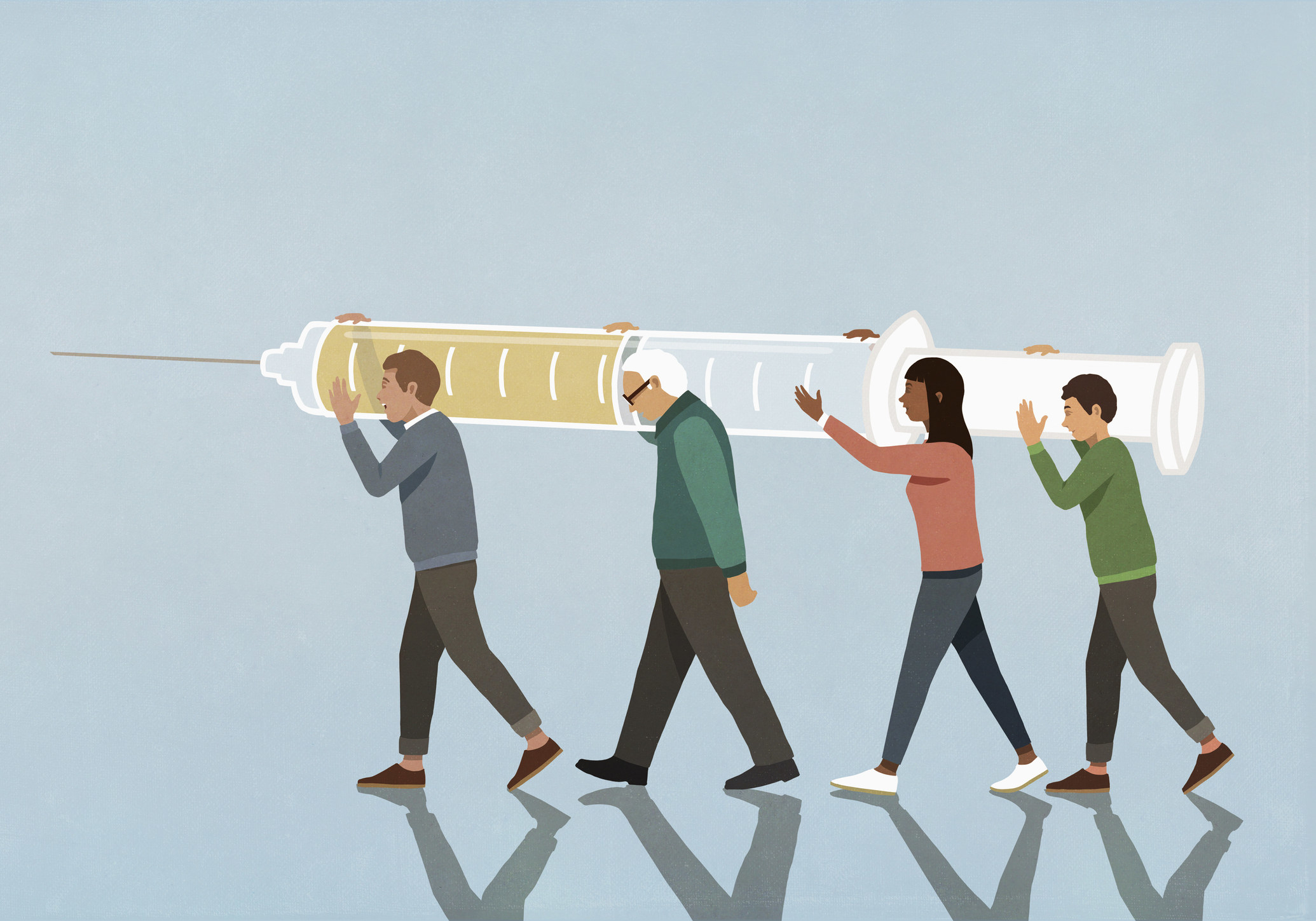Hi, internet, my name is Kelly — I'm 24, fully vaccinated, and just recently recovered from COVID-19.
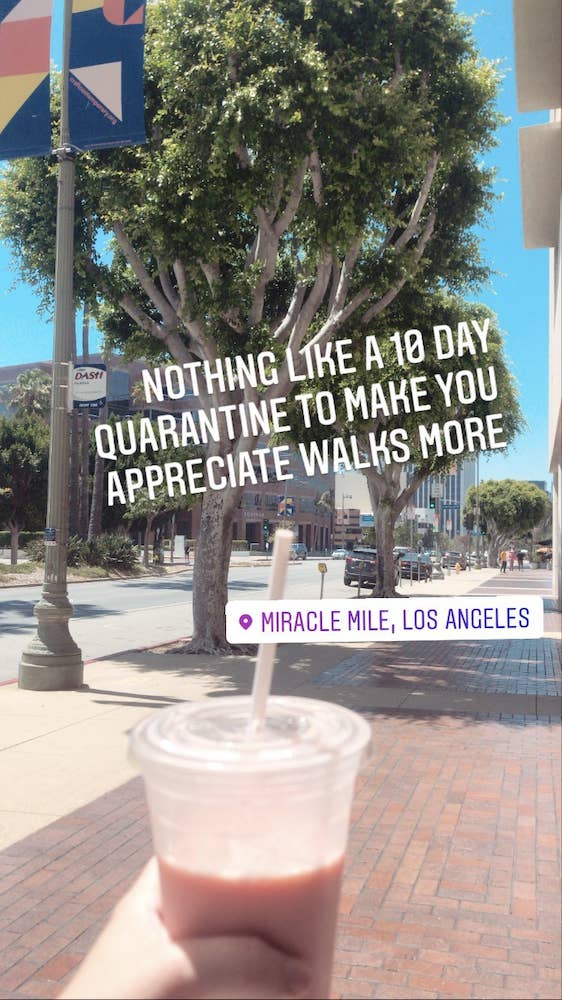
I knew breakthrough cases were possible, but they hadn't truly been a huge concern of mine. I'd gotten both doses of the vaccine (Moderna), I'd stayed home and socially distanced when I was supposed to, and I'd continued to wear a mask in most indoor settings even when the requirement was (temporarily) lifted in LA.
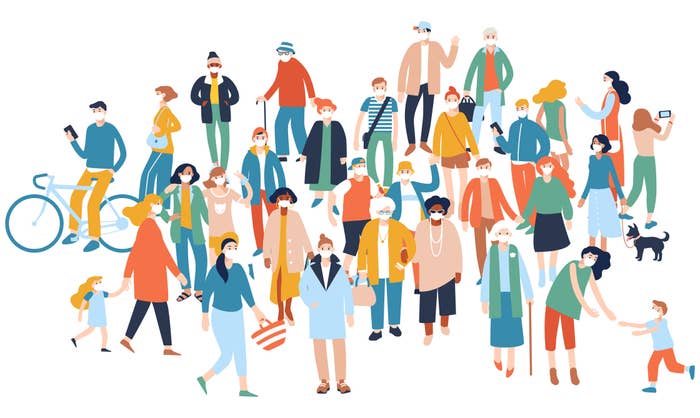
About two months ago, I attended a friend's birthday dinner with a small group of people at an indoor restaurant. All of the guests were fully vaccinated and had been similarly careful throughout the pandemic. At the time, the mask mandate had been lifted, infections were down, and we felt perfectly fine about getting together.
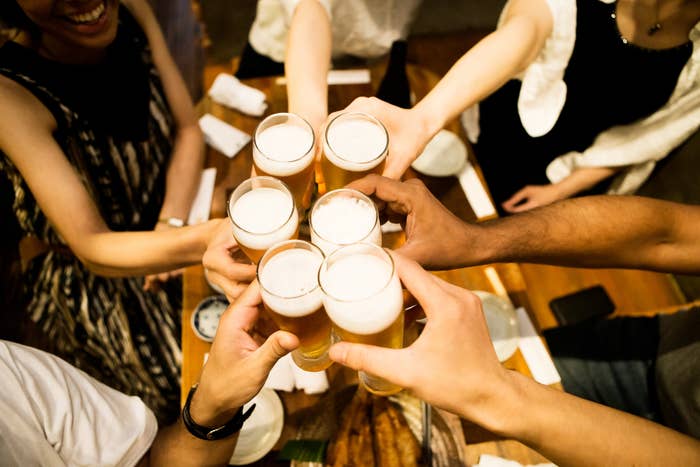
Flash forward about a week later: My friend texts us saying that she tested positive for COVID and everyone at the birthday dinner should get tested. I was definitely unsettled and I felt bad for my friend, but I wasn't too worried. The odds that I, a fully vaccinated person, would get COVID from another fully vaccinated person were low, I told myself. I took a PCR test just to be safe, and it came back negative.
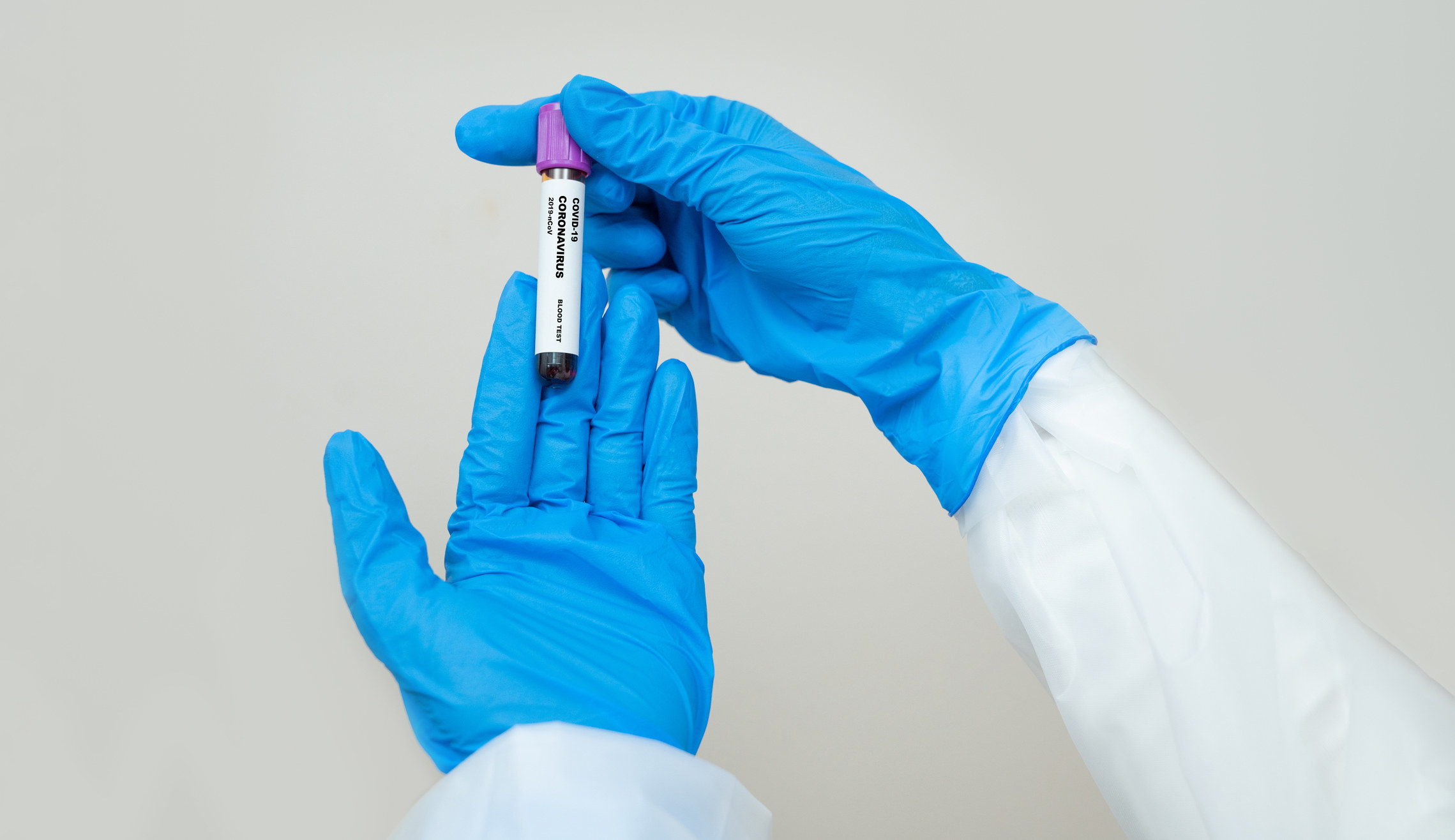
But then, a few days later, I started feeling under the weather. I had a stuffy nose and scratchy throat and felt more tired than usual. I attributed it to the change in the weather, being burned out from work, maybe allergies. I decided to take one more test, this time a rapid at-home one, for peace of mind. And sure enough...I tested positive.
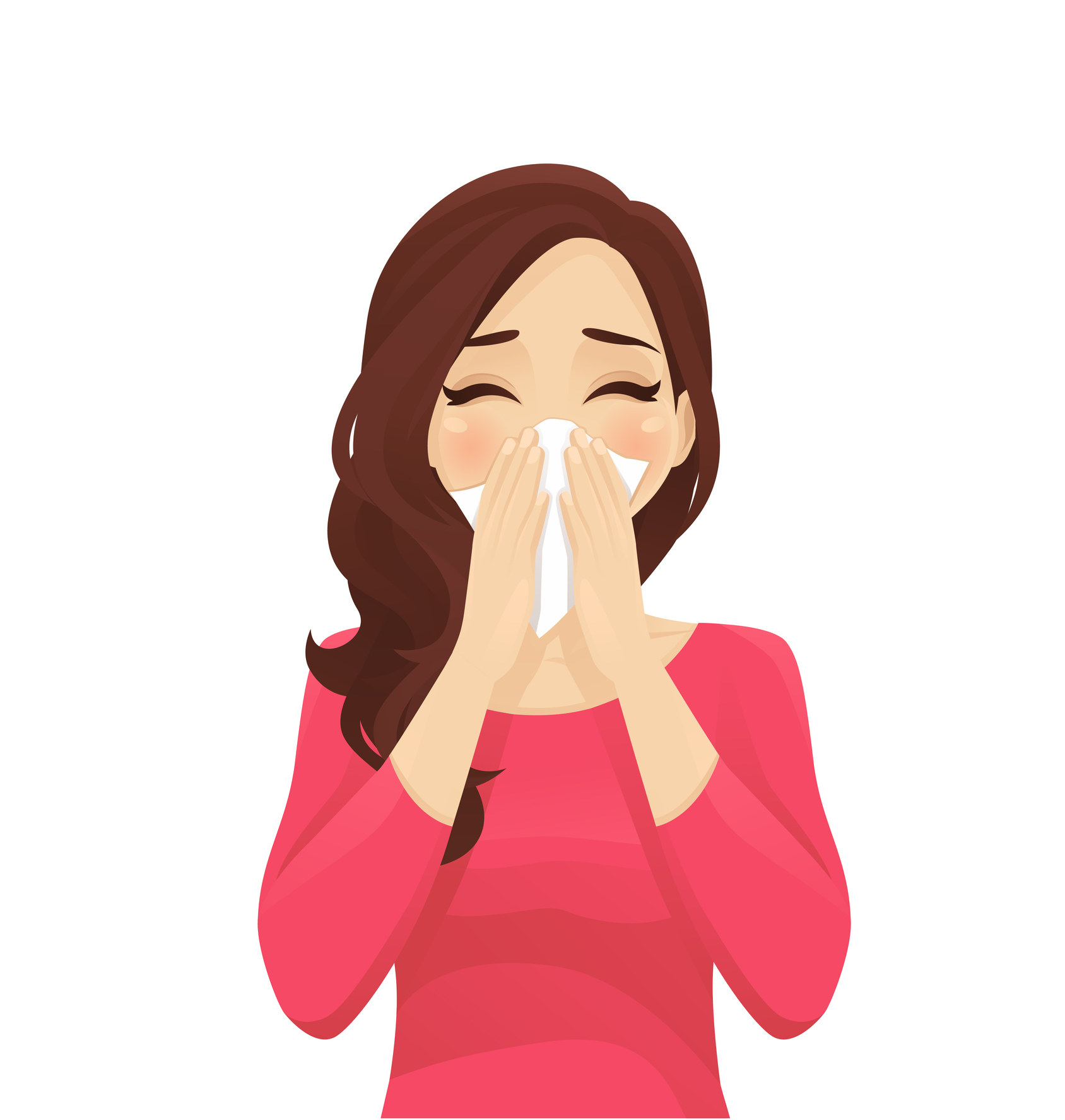
The first thing I did was call my mom (yes, I'm 24 and this is still my first instinct). After that, I called my healthcare provider and was basically told what I'd read online: Quarantine for 10 days from the start of your symptoms, get rest, and go to urgent care if you find yourself having trouble breathing.
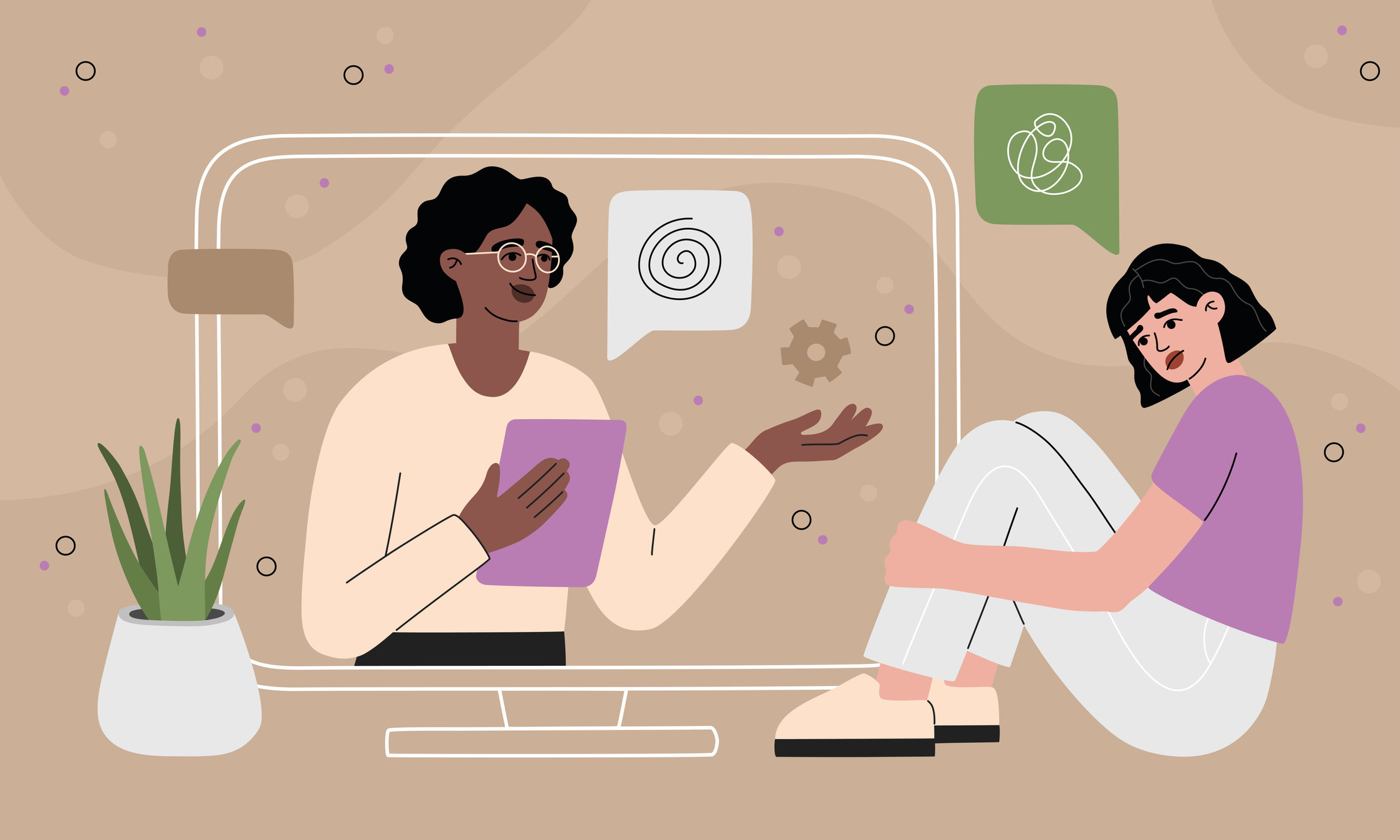
Honestly, having to isolate was probably the worst part of COVID for me. I slept the days away on NyQuil, binged Mare of Easttown, and spent way too much time doomscrolling on Twitter. But the truth is, I was very lucky compared with so many other people. I had mild symptoms and was more or less able to return to my daily life after quarantine. It could have been so, so much worse.
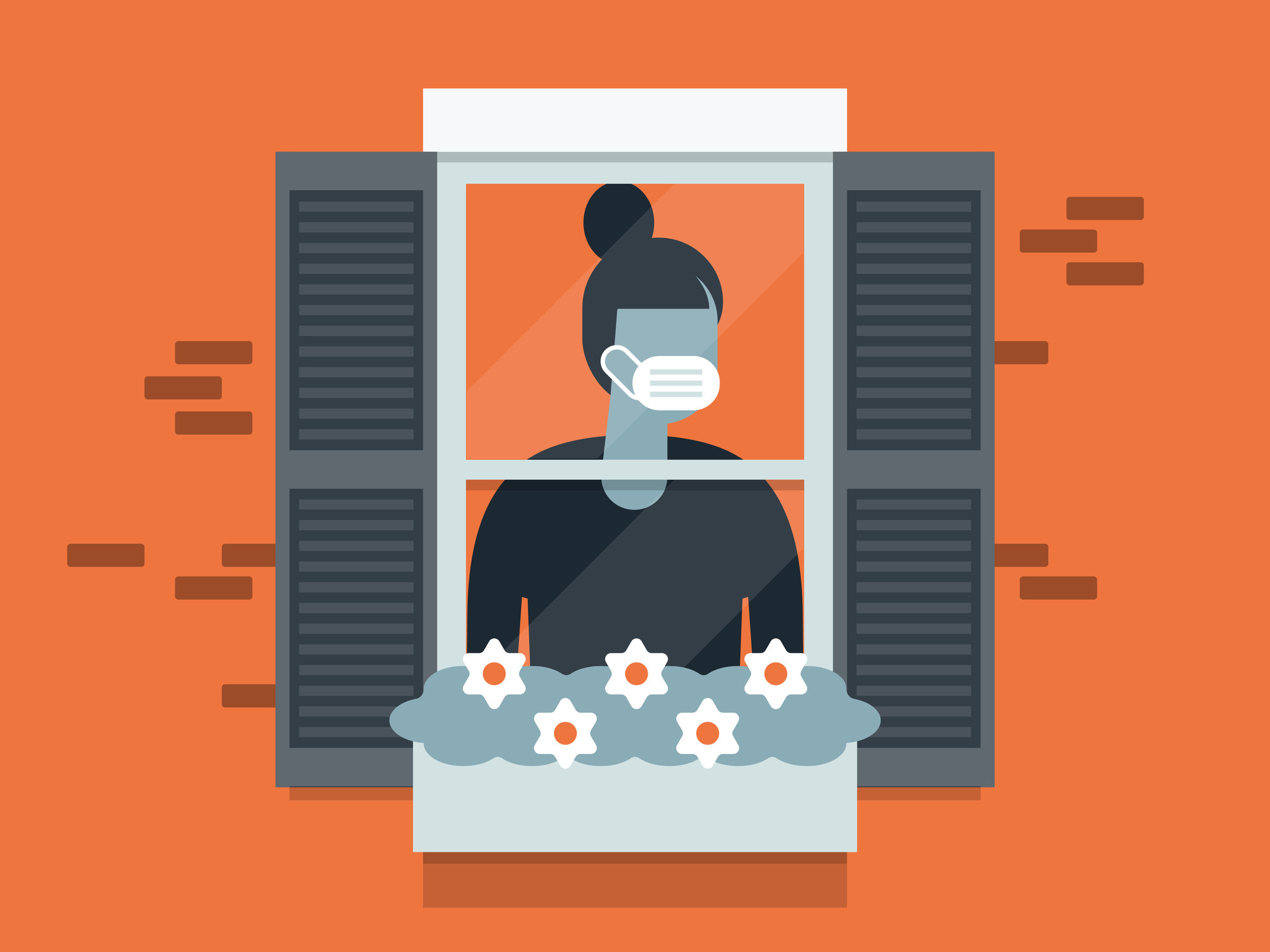
My experience made me wonder: How common are breakthrough cases really? And at a time when so much of the public still refuses to get vaccinated, how do we convince people that the vaccine matters? I spoke with three experts, and here's what I learned:
1. Although getting vaccinated doesn't guarantee you won't get infected, it does make your odds much more slim — especially when it comes to severe infections.
Joshua Sharfstein, MD, vice dean for public health practice and community engagement at the Johns Hopkins Bloomberg School of Public Health and director of the Bloomberg American Health Initiative, compared the vaccine to wearing a seatbelt: It's not perfect, but it offers lots of protection.
E. John Wherry, PhD, director of the Penn Institute for Immunology, explained, "These vaccines are absolutely still preventing severe disease, hospitalization, and death. Many of those mild cases we are seeing in vaccinated individuals would be much more severe if the individual had not been vaccinated."
2. The virus enters through your nose or throat, but the real trouble happens if it spreads into your lungs — which the vaccine helps prevent.
Deepta Bhattacharya, PhD, professor of immunobiology at the University of Arizona College of Medicine, explained that if the virus remains in the nose and throat, it's typically unpleasant but mild. However, if the virus enters your lungs, it can lead to severe issues. "There are a couple of reasons why vaccination tends to be better at protecting your lungs than your upper respiratory tract," Bhattacharya said. "First, after vaccination, the antibody concentrations are higher in the lungs and in your blood than they are in your nose and throat. So even if the virus slips past the first layer of antibodies in your nose, it has a harder time getting past all those antibodies in your lungs. Second, it takes some time for the virus to spread to the lungs. That buys the immune system some time, so memory immune cells that are induced by the vaccine can clear the virus before it spreads."
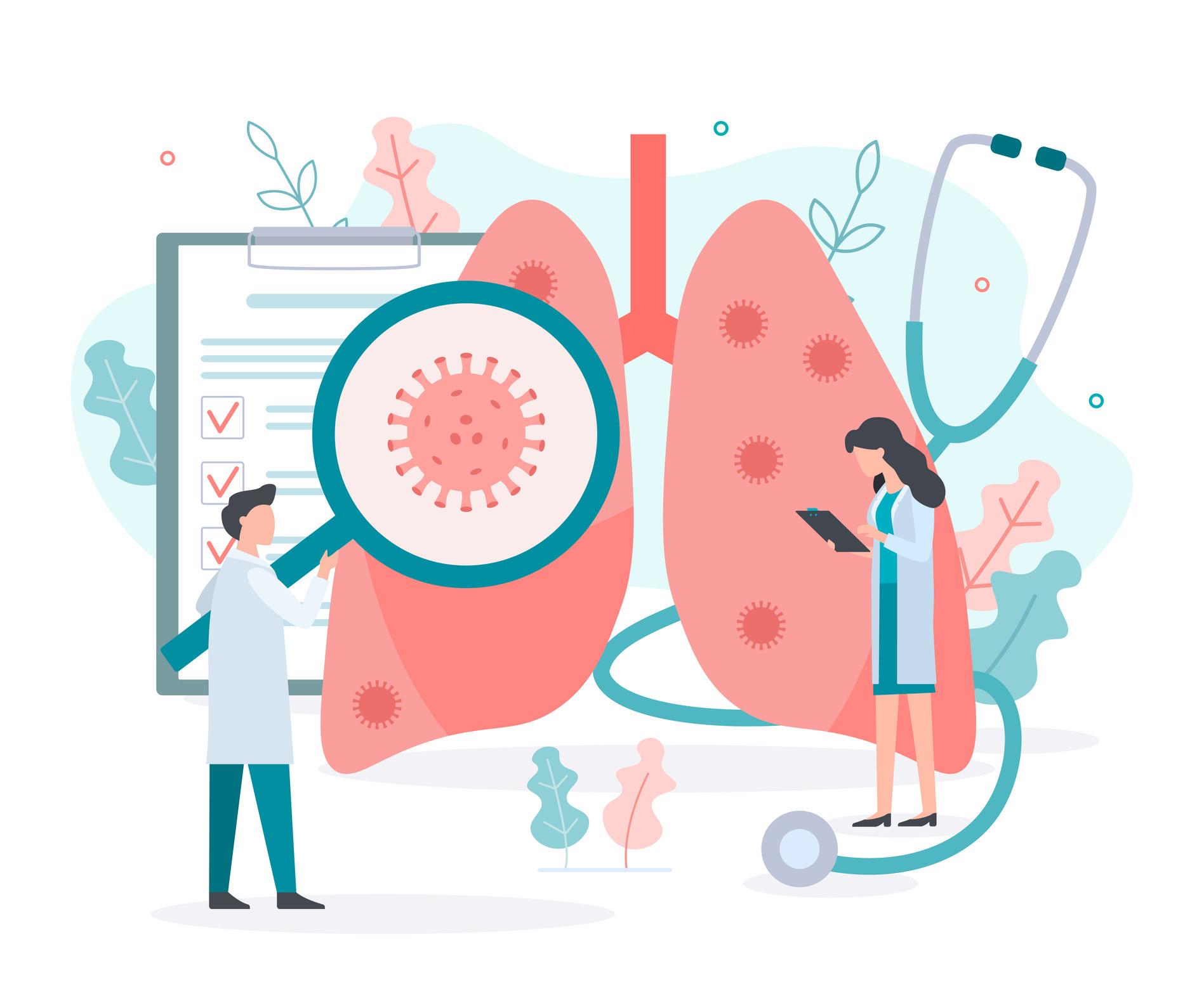
3. The vaccine works by inducing both antibodies and memory B and T cells as a backup.
Wherry explained that while the antibodies act as a strong initial "shield" for preventing infection, memory B and T cells are also there as a backup in case your antibody levels go down for any reason. These cells work by attacking the virus and producing new antibodies. "This happens so quickly that the virus can’t get down to your lungs, where the real problems occur," Wherry said. "So even if vaccines are not preventing all infections in vaccinated individuals, our immune system has these backup plans that prevent severe disease."
4. High vaccination rates are crucial to preventing COVID hospitalizations and deaths, especially with the rise of the Delta variant.
"If you look at places like Iceland, where the vaccination rates are very high, there was a small Delta wave with no deaths [since May] and very few hospitalizations, and overall, it was minimally disruptive," Bhattacharya explained. "In contrast, when Delta hit India before they had many people vaccinated, the level of severe illness and death was apocalyptic."
So essentially, just because the number of infections may increase with Delta, it doesn't mean the vaccine isn't working. It means it's doing its job of preventing severe infections and death.
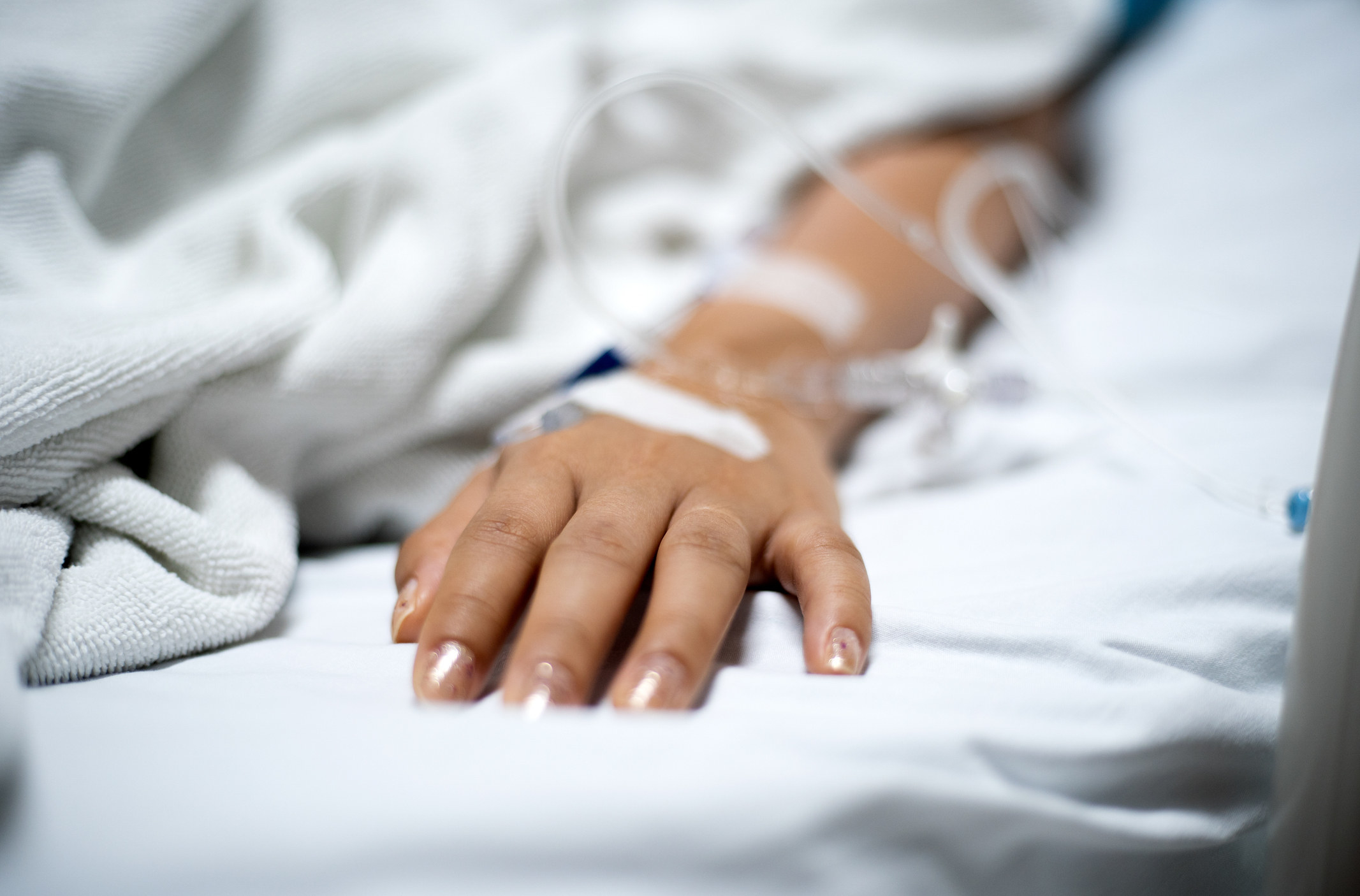
5. Even with the Delta variant, the odds of getting COVID as a fully vaccinated person are still MUCH lower than the odds of getting it as an unvaccinated person.
"I like to think about things quantitatively and probabilistically rather than in terms like ‘rare’ or ‘common,’" Bhattacharya explained. "Before Delta, a vaccinated person was 20 times less likely to get a symptomatic infection compared to an unvaccinated person. Now, with Delta, most studies estimate that a vaccinated person is about five times less likely than an unvaccinated person to get a symptomatic infection. With so many people getting vaccinated, and so much community transmission of the virus still ongoing, we are going to hear anecdotally of plenty of breakthrough infections. But it is important to put that into a probabilistic context. If you think about it that way, it is obviously still worth it to get vaccinated."
6. Even if you're young and healthy, it's still important to get vaccinated.
Although younger people are generally less likely to be hospitalized or to die from COVID-19, Wherry said that there's been a recent uptick in young unvaccinated people getting very severe cases.
"Even if you are not worried about yourself getting sick, on average, every person with Delta spreads [it] to ... four to eight new people," Wherry said. "Some of these folks you infect may not be as lucky as you. If they are also unvaccinated, for every 10 unvaccinated people who get Delta, they will infect 40 to 80 new unvaccinated people and send about four to eight people to the hospital."
Wherry also emphasized that it's important to consider the well-being of people who cannot yet be vaccinated, for various reasons — age, cancer, immune deficiencies — and are at high risk. "Young people do need to get vaccinated — if not for themselves, for those around them," Wherry said.
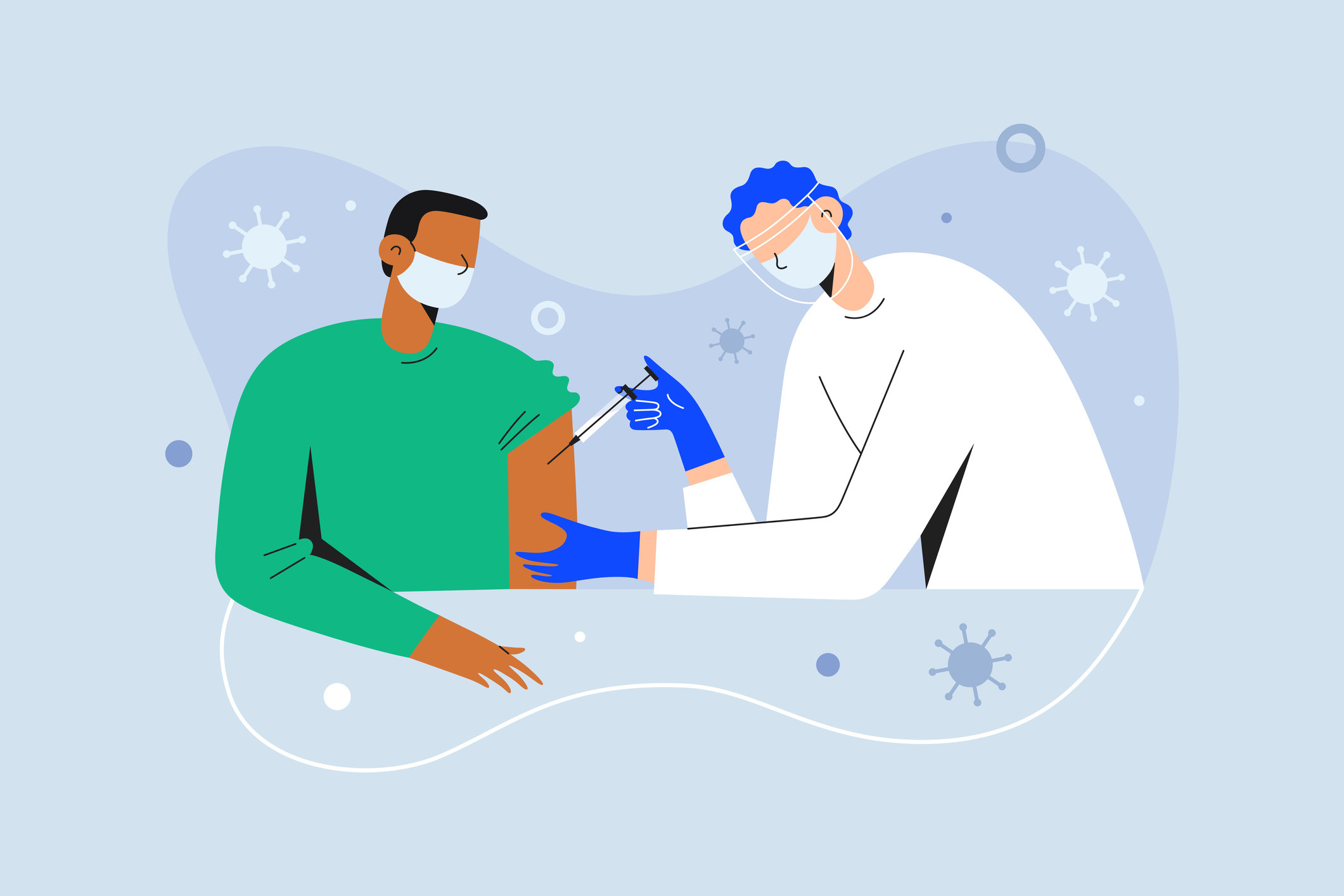
7. Ultimately, the vaccine is the way out of the pandemic.
"This pandemic has been incredibly difficult for young people, many of whom have sacrificed themselves for others in many ways. It's so frustrating that we are not through with all of the precautions by now," Sharfstein said. "But none of that changes the reality: The precautions are what will end this misery as soon as possible. Vaccination and masks will help us get on with recovery much faster than denial."
